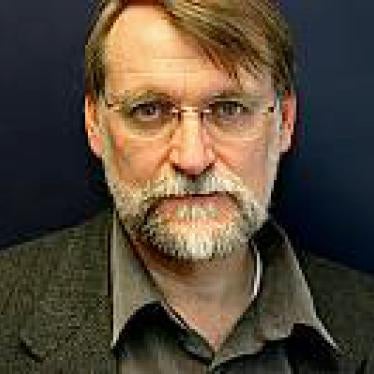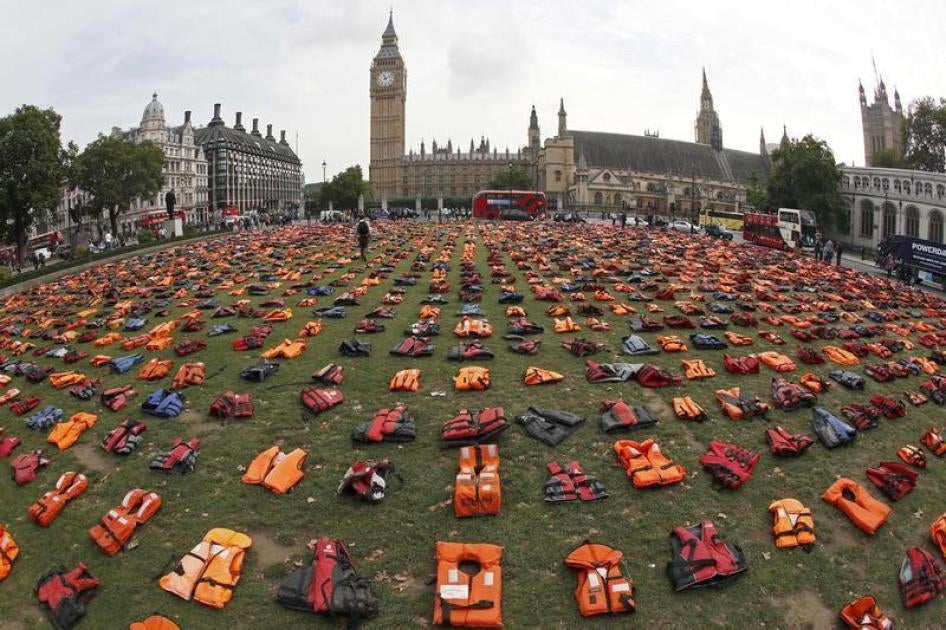This week’s summits on the global refugee crisis failed to meet the challenge of this critical moment in history. Many of the countries hosting the overwhelming majority of the world’s refugees, including Ethiopia, Iran, Jordan, Kenya, Lebanon, Pakistan, Thailand, and Turkey, have made it clear that they have reached the limit of their capacity. Some of these countries that have generously hosted refugees for years – or even decades – are now pressuring refugees to leave, have closed their doors to new arrivals, or have said that they will be doing so soon.
We needed to hear bold and generous commitments yesterday and today from world leaders about how they would support the countries where most refugees live. Rather than saying how their enhanced support to countries of first arrival would help to address these threats to the right to seek asylum, however, the UN summit yesterday was filled with speeches that veered from vapid platitudes disconnected from real world challenges to get-tough pronouncements about securing borders and stopping irregular migration. For example, Donald Tusk, president of the European Council, said, “You have to know that today the European Union has a clear objective to restore order on its external borders. As a result, this will lead to the further reduction of the irregular flows to the EU. There will be no repeat of the year 2015 with more than 1 and a half million irregular migrants.”
But were any of those “irregular migrants” actually refugees? Recall that 83 percent of the 2015 arrivals originated from five of the top refugee-producing countries, Syria, Afghanistan, Somalia, Iraq, and Eritrea.
Tusk also offered no additional commitments to resettle refugees in the EU. This region has notoriously underperformed in this key area of international solidarity.
Despite the dismal speeches by many world leaders during Monday’s summit, hopefully at least some of the more concrete goals of Tuesday’s Leader’s Summit—still in session at the time of this writing—will come closer to realization: getting 1 million refugee children into school, 1 million of their parents authorized to work, significantly more refugees resettled, and more money.
As laudable as these goals are, however, they are not an end in themselves. Improving the quality of asylum and making durable solutions like resettlement a real option for more refugees will help to keep front-line host countries from becoming destabilized. That is the best strategy for ensuring that their doors can remain open so that people fleeing threats to their lives in the months and years to come will still have a place of refuge.










